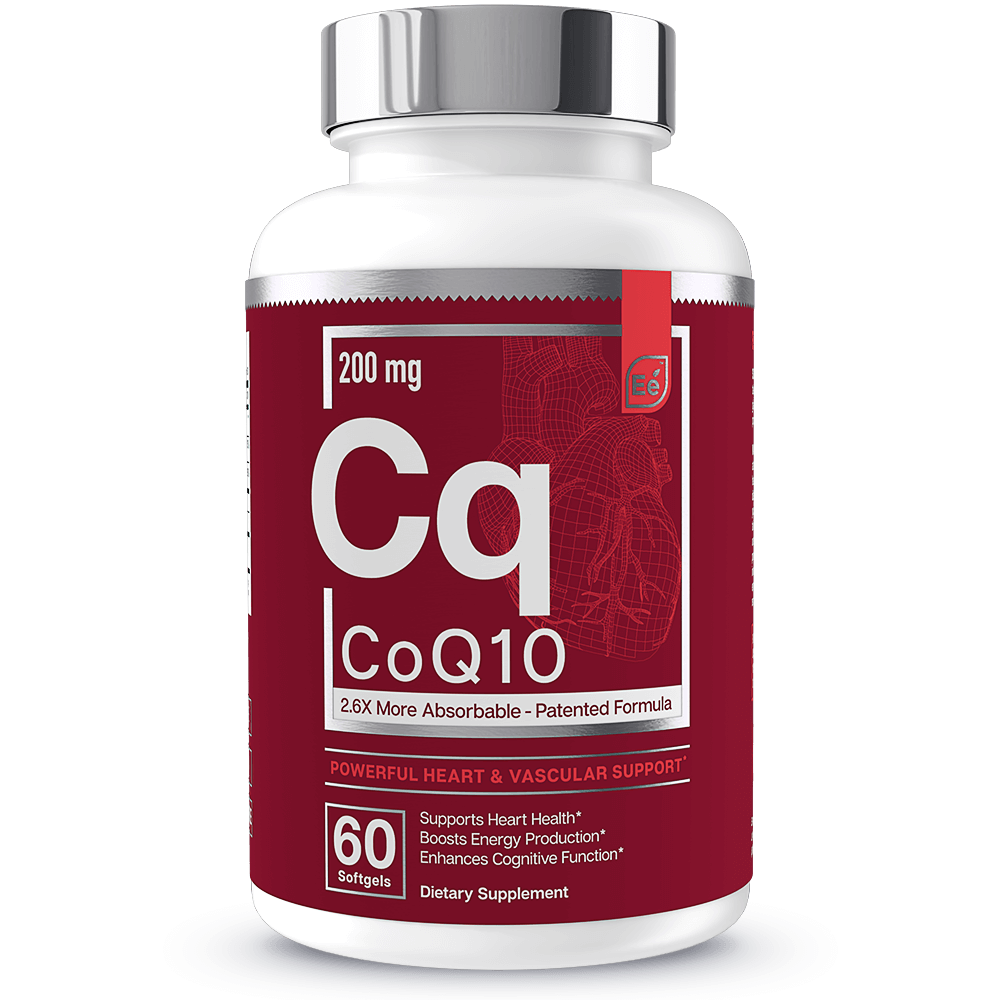Is Going Keto the Secret to Balancing Hormones? Diet Benefits and More
7 minute read
It’s no secret that women go through hormonal fluctuations throughout their lives. It begins with menstruation through a woman’s reproductive years and continues into menopause. Hormones, especially estrogen, can rise and drop seemingly without warning, and the side effects of this range from depression to physical pain.
Balancing hormones can help women overcome some of the side effects and get them on the road to feeling less out of control on a regular basis. While many different things affect hormones, one of them is diet, and there is evidence that a ketogenic diet could be the secret to balancing hormones.
It’s an interesting proposition, just changing the way you eat can help you control your hormones and live a more balanced life without hormone induced headaches, weight gain, hot flashes, sex drive changes, bone density decrease, mood swings, and more. In addition to that, the keto diet is a trendy way to eat that helps you lose weight and burn fat.
What Is a Ketogenic Diet?
The ketogenic, or keto, diet was first introduced in 1921 as a way to treat epilepsy, especially in children. The relatively modern interest in keto as a way to lose weight is a new concept and has been proven to be effective in the short run.
A keto diet primarily focuses on high fats, moderate proteins, and very low carbohydrates. Because carbohydrates are the primary energy source for your body, taking them away leaves your body looking for energy. When there are no carbohydrates, the insulin secretion is reduced in your body and you enter a catabolic state. This forces your body to go through metabolic changes and start using fats and fatty acids for energy.

As long as the body is deprived of carbohydrates, it will remain in this ketotic state. This is quite safe if it’s produced through nutritional changes. Even though the body’s insulin is involved, ketosis should not be confused with the dangerous diabetic condition, ketoacidosis. These are totally different.
There are a variety of different ketogenic diets that people are using today, and you can find your own information to create a diet that suits your tastes and lifestyle. Or you can pick up one of the many books on this topic and follow their directions.
How a Keto Diet Affects Your Hormones
So now that you know some of the basics of a keto diet, how will reducing carbohydrates and eating more fats help your body regulate hormones? And, most importantly, how will it hold off those nasty side effects?
A Keto Diet Focuses on Fat
If you’re going to follow a keto diet, then you’d better get ready to forget everything you’ve ever heard about living a fat-free lifestyle. Fat is your friend when you’re going keto.
It should be noted that not all fats are created equally. When you learn more about the keto diet, you’ll learn to select good fats from bad fats.

| Related: How to Keto Diet With Good Fats |
Good fats help support hormone production and balance your hormones because they are the building blocks for powerful hormones like; estrogen, progesterone, and testosterone. There have even been studies that prove that fatty acids can improve fertility by increasing hormones.
Boosts Insulin Sensitivity
If you reduce your carbohydrates to 20 to 50 grams a day, as recommended in most keto diets, this helps balance the body’s insulin levels. Insulin is a hormone that controls your body’s blood sugar, or glucose, levels.
One study found that putting their diabetic subjects on a ketogenic diet increased their insulin sensitivity by 75%. This improves their insulin balance, making the problems associated with diabetes less profound. It should be noted that this study was only looking at short-term effects while long-term effects remain uncertain.
If you are diabetic, it’s best to discuss any diet changes you’re considering with your healthcare provider first.
While reducing insulin resistance is great for diabetics, it also has other benefits for people with hormone imbalances: It reduces or stops hot flashes and night sweats; it allows your body to rebuild bone, so you’re less at risk for osteoporosis or breaks; cravings are curbed; and you feel and look healthier and more energized.

Detoxes the Body
For people who suffer from premenstrual syndrome, estrogen and progesterone imbalance are often at the heart of the problem. One of the big causes of having excessive estrogen is too much sugar and too many refined carbohydrates. Because the keto diet is geared toward removing or greatly reducing these foods, this cause is instantly taken away.
An estrogen imbalance can also come from too many estrogens in the environment. These toxins worsen PMS symptoms and can increase the risk of other diseases. The good news is that many of the foods you’re encouraged to eat on a keto diet help to detoxify the body and remove the danger of these estrogens.
Boosts Reproductive Health
As mentioned above, there have been studies that prove that a keto diet that promotes higher intakes of fat, in particular polyunsaturated fatty acids, can boost fertility. According to a study by Duke University, a keto diet can also balance women with polycystic ovary syndrome.
The study not only found that women were able to balance their levels of insulin and testosterone, but they also reported improvements in weight, fertility, and menstruation. Two women in the study got pregnant, despite previous infertility problems.
Normalizes Cortisol
At this point everyone has heard that cortisol is the stress hormone that can cause your body to put on weight, especially in the belly region. Cortisol can also rob your body of estrogen, progesterone, and testosterone, leaving you hormonally imbalanced.
.jpg)
A keto diet focuses on vegetables that may normalize cortisol, support your adrenal glands, and improve natural progesterone levels.
The Bottom Line
A keto diet isn’t for everyone and should be discussed with your healthcare provider before you dive in. But if you’re suffering from a hormonal imbalance, there are several different ways that eating a fat- and vegetable-rich keto diet that avoids carbohydrates can help.
A keto diet can focus on healthy fats and fatty acids that the body needs to thrive while eliminating carbohydrates. If you’re looking for a way to battle hormone problems and maybe lose some weight along the way, give the keto diet a try.
READ NEXT >>> Ketogenic Diet Healthy Foods List
At 1MD, our mission is to help people make smarter health choices and lead healthier lifestyles by creating industry-leading products and cutting-edge health content. Take advantage of our medically researched supplements for boosting your health by visiting our online store for a complete list of our 100% natural products. We offer family and bulk purchase discounts as well as monthly subscription options for maximum savings.
























 Health Guides
Health Guides
 Latest Research
Latest Research


